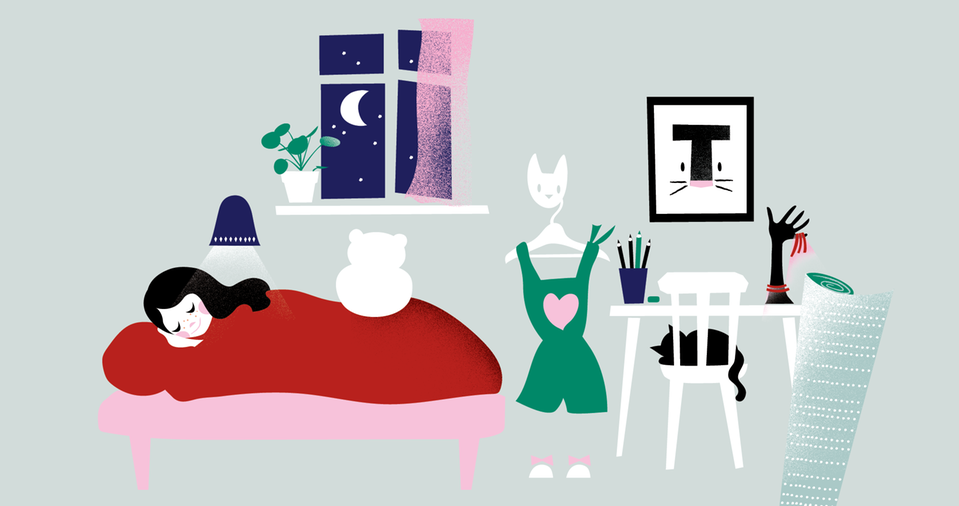
Children are especially sensitive
Children are especially sensitive to hazardous chemical substances. Therefore, it is good to seek information that can make it easier for you to make informed, chemical-smart choices in your everyday life and help you better protect your children.
During pregnancy
During pregnancy, the unborn child develops rapidly, and during the early stages of development, the foetus is especially sensitive. The placenta acts as a protective barrier between the mother and the unborn child, but it does not protect against everything. Therefore, it is good to make informed, chemical-smart choices in your everyday life as early as possible when you are an expectant parent in order to protect your child as much as possible.
When the baby is born
When a baby is a newborn and in the early stages of life, it is the organ systems that develop the most after birth, such as the immune system and the brain, that are the most sensitive, The brain is particularly vulnerable because the protective systems that adults have are not been yet fully developed in children.
There are also other factors that make children particularly vulnerable. Children breathe faster, and they eat and drink more relative to their weight than adults do. Really young children usually explore their environment by feeling and tasting things, which also makes them particularly vulnerable. Children who crawl and play a lot on dusty floors are also exposed to an increased amount of chemical substances, as chemicals in the air can accumulate in dust. Good ventilation reduces the amount of chemicals both in the air and in dust.
